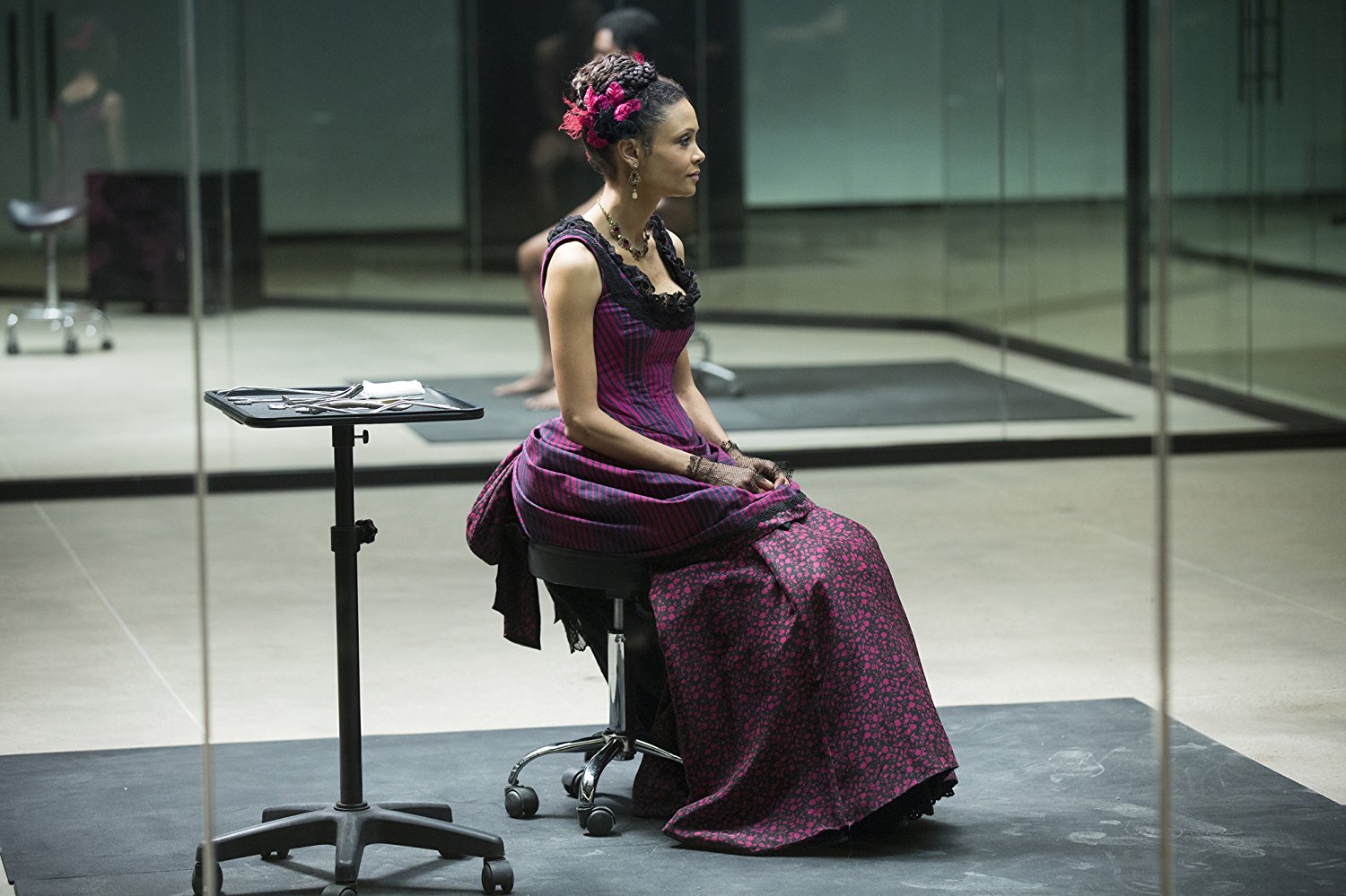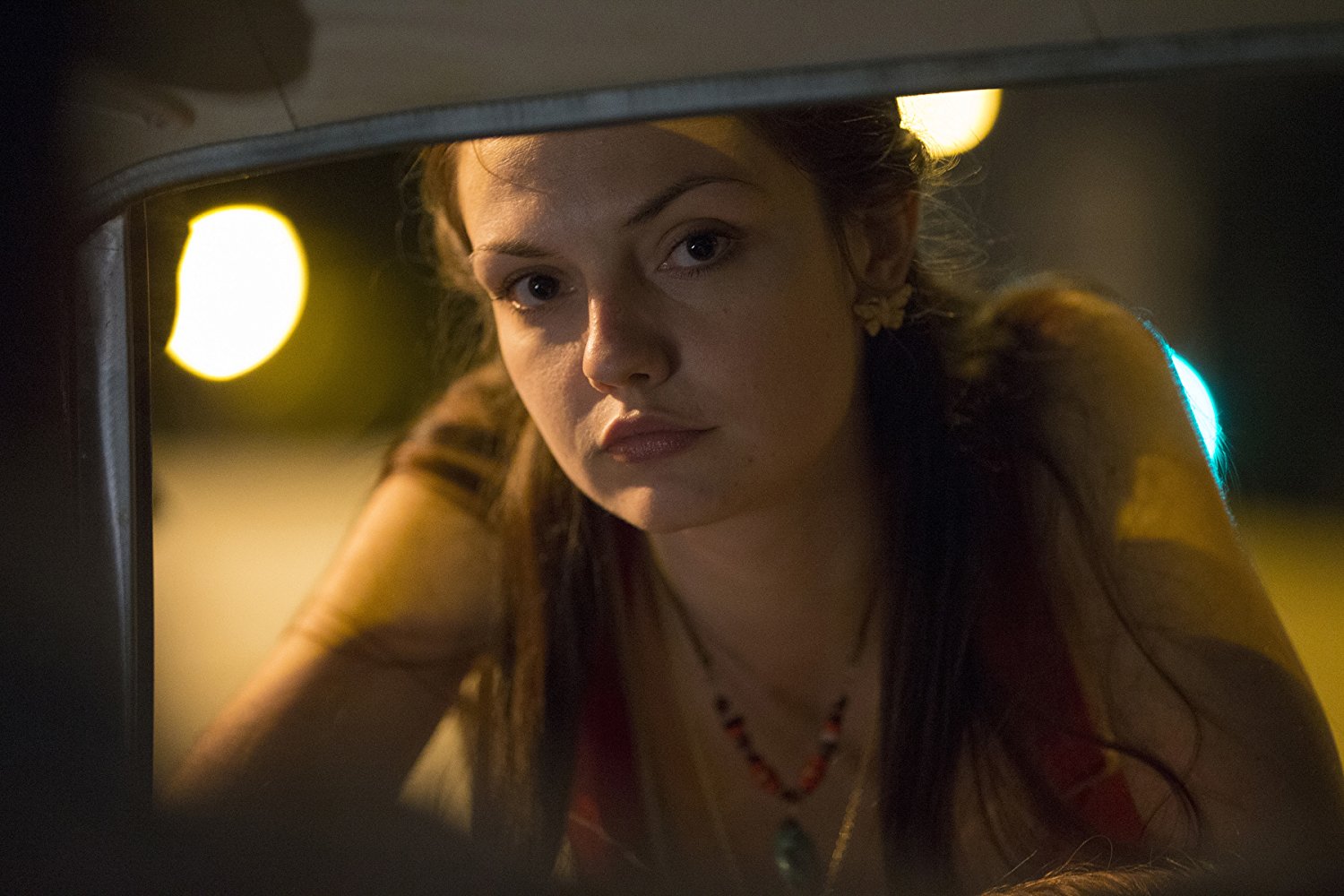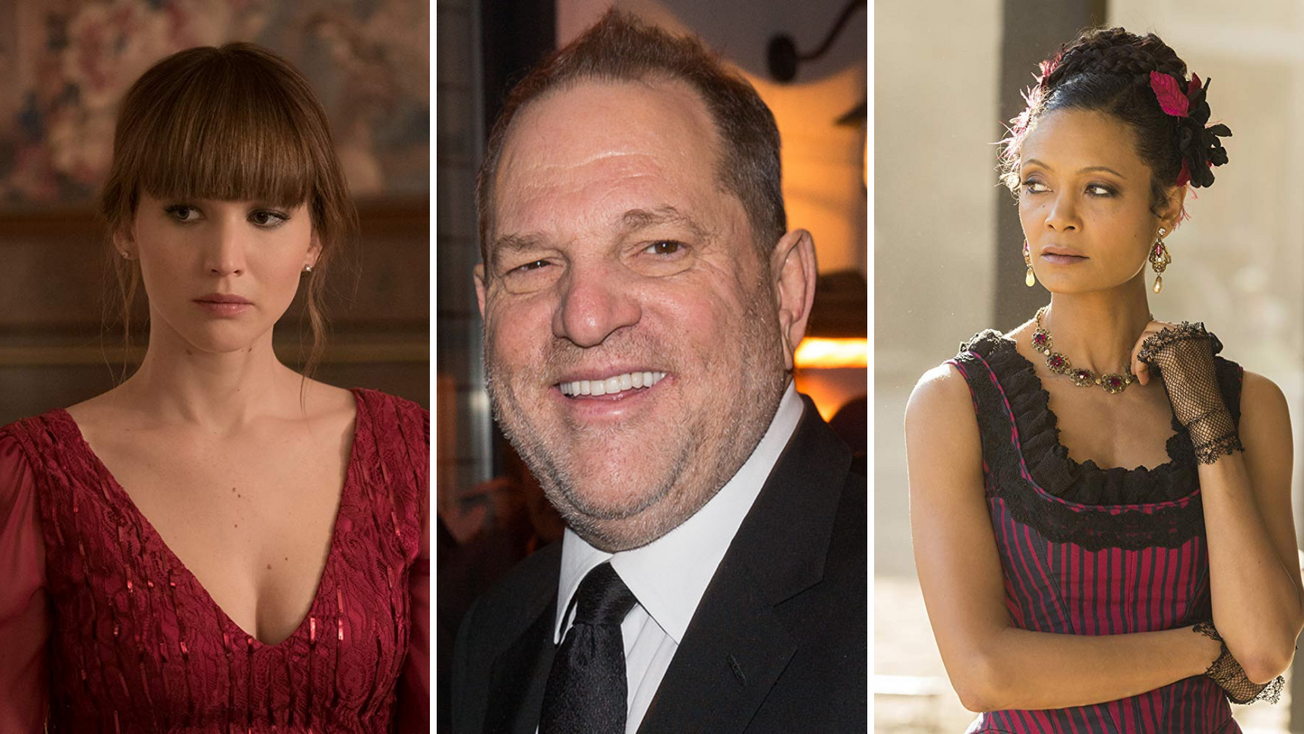By Alicia Wakeling, Third Year, Film & TV
The industry has been slammed for its sexual misconduct, but has on-set practice improved? What is being done to tackle this issue?
Over a year ago, The New York Times published its article detailing decades of sexual abuse and misconduct allegedly carried out by Harvey Weinstein. A host of further allegations soon followed, aimed both at Weinstein and other prominent Hollywood figures, as well as the formation of the Time’s Up legal defence fund. In the wake of the ‘Weinstein Effect’ has come a further examination of the treatment of women in film and television - both on and off camera.
This was us, exactly a year ago today, about to push the button on the Weinstein story, unsure of what would happen next. pic.twitter.com/WNljiNySXy
— jodikantor (@jodikantor) 5 October 2018
Twitter / @jodikantor
While it is often numbers that grab the headlines - only 8 per cent of the top 100 films in 2017 were directed by women - on-set practices haven’t been examined in the public eye beyond specific incidents of harassment and abuse. Sex and nude scenes often provide amusing stories on the publicity trail of a film or TV show, usually on how awkward the encounters are or the funny underwear they may require. However, it is no great leap to see the boundaries may be less defined and easily misinterpreted during the filming of such scenes.
Naturally, discussion of traumatising experiences doesn’t tend to make it to the final interviews. Nevertheless, a quick Google search will reveal many stories of women participating in nude or sex scenes feeling uncomfortable or even violated. These are even more concerning when contrasted with the male participant’s account, usually revealing a lack of awareness of how the woman felt. Of course, these scenes aren’t filmed with just the director - there’s a whole crew present - so you can understand how vulnerable the actors must feel.
Salma Hayek's article makes you wonder how many nude/sex scenes have been filmed simply because producers or directors threatened the actresses into doing them.
— Austin Gobbleson 🐙 (@osutein) 13 December 2017
Twitter / @osutein
So has there been a change in the nature of nude scenes one year on from the Weinstein allegations? Certainly the sheer amount of nudity and sex performed by women, compared to men, has been called into question. With the increase in awareness and speaking out, practices are beginning to change - but note this is not yet a privilege all actors possess.
Recently, Jennifer Lawrence spoke of her experiences filming Red Sparrow (2018). Talking extensively about the scenes beforehand meant she faced no surprises. Francis Lawrence, the film’s director, gave her the first look and final say on scenes, suggesting she was afforded greater control, as well as high professionalism. Lawrence herself said: ‘[He] just looked at me like I had clothes, and then I just felt like I had clothes on.’
Similarly, Thandie Newton commented on her scenes with HBO series Westworld (2016-), during which crew were told to turn around and the director would hand her a robe immediately after. ‘The grace, and the consideration, and the sensitivity. On the one hand I was so appreciative. On the other hand I was horrified by what I had been through up until then. I had delayed horror.’ She chose not to elaborate on any specific horror and - as being spared the ordeal of forced exhibitionism was such a revelation to her - it may not bear thinking about.

IMDb / Westworld
Given there seems to be increased awareness within the industry and individual cases of palpable change, are there any industry wide checks being put in place to ensure women’s safety and comfort? Intimacy Directors International (IDI) is a non-profit organisation, originally specialising in intimacy coordination. Experts perform a similar job to the stunt coordinator, planning sequences and training actors for intimate scenes. However, while their practice always included creating a safe atmosphere, the company is now providing an additional service to ensure good practice.
Alicia Rodis, co-founder of IDI, was hired by HBO as an intimacy consultant for Emily Meade on The Deuce (2017). Meade plays a prostitute, a role requiring multiple sex scenes, and she insisted on having someone to advocate on her behalf. ‘It’s not the things [she does] that are so radical. […] It’s just having someone other than yourself to think about it. It shouldn’t be a radical concept to give someone something to cover their private parts. But to have someone do it at all - the gesture of it - it helps.’

IMDb / Emily Meade
The consultant’s role is expanding. They are a liaison between actors, directors, producers and crew, reviewing scripts, facilitating discussions about sex scenes, meeting individually with actors, being vigilant on set and advocating for comfort and consent if any changes are made on the day. HBO now hire intimacy consultants across the whole network - a welcome move given the high rates of sex and nudity in their shows. Hopefully this active approach to making the scenes more palatable and empowering for actors will become commonplace as the consequences of the #MeToo movement and the Weinstein scandal continue to take effect.
Whether this progress translates to a greater awareness of the treatment of actors during nude or sex scenes beyond funny anecdotes remains to be seen, especially while more allegations are still being made and many areas of the industry are yet to change. But the scenes are an important measure of how women are seen and respected in and out of the workplace, due to their unique vulnerability. Sex and nudity are normal aspects of life which don’t need to be curtailed in order to protect the actors in their portrayal. The actors just need to be shown respect in the difficult work they do.
Featured Image Credits: IMDb / Getty Images / Harvey Weinstein, IMDb / 20th Century Fox Film Corporation / Red Sparrow, IMDb / Thandie Newton, Collage via Canva
How else can we protect actresses from abusive on-set practices, especially when shooting nude scenes?
Facebook // Epigram Film & TV // Twitter








